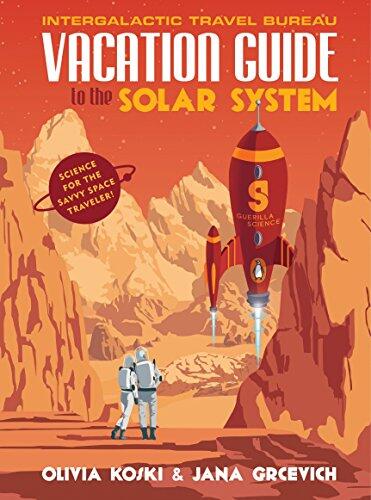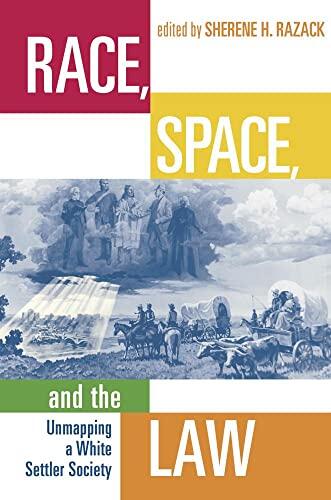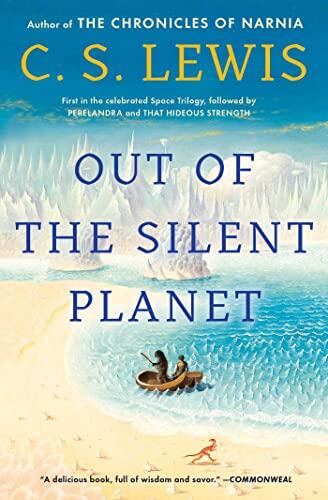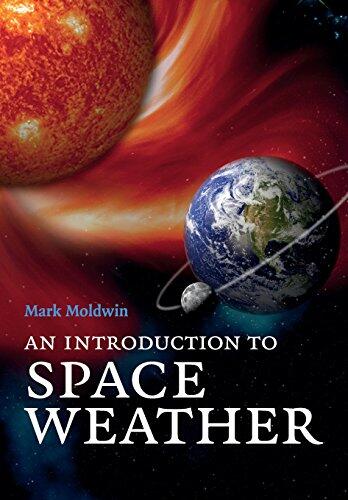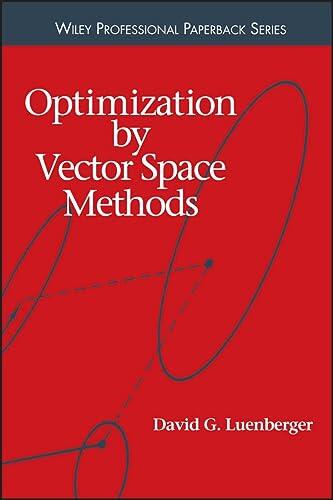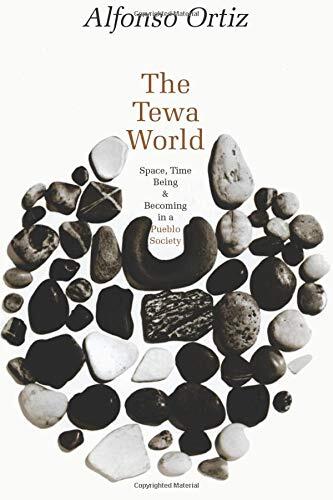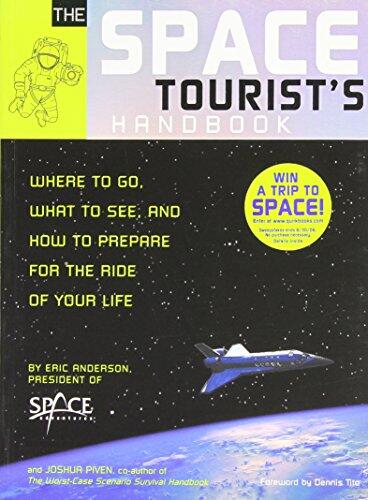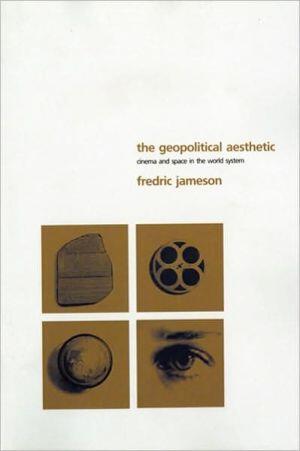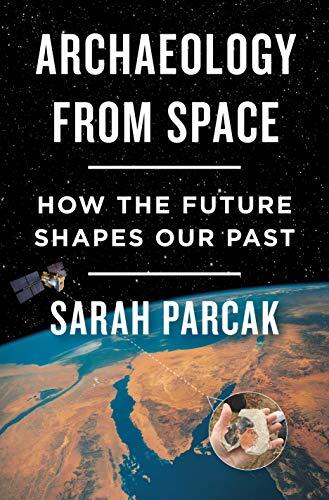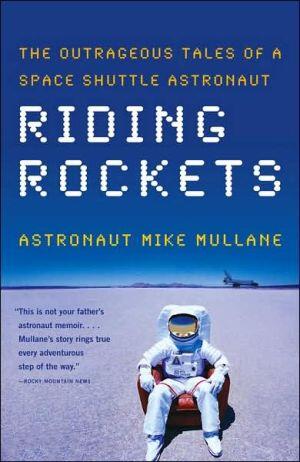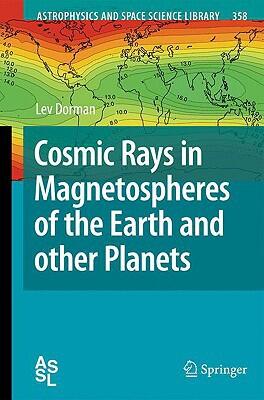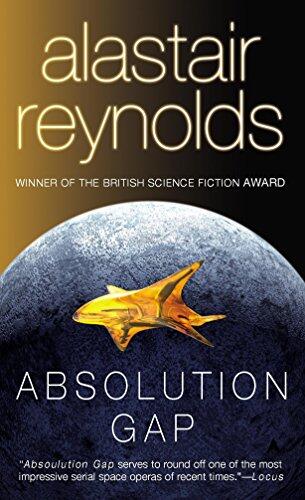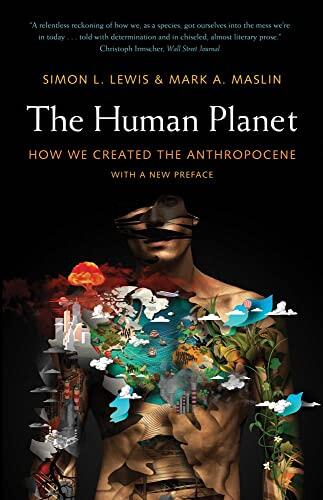
The Human Planet: How We Created the Anthropocene
まだ評価がありません
Religion & Spirituality
Science & Technology
History
+2
more
形式
ペーパーバック
ページ数
496
言語
英語
公開されました
Apr 12, 2022
出版社
Yale University Press
ISBN-10
0300264771
ISBN-13
9780300264777
説明
Two prominent scholars explore the intricate relationship between humanity and the planet in a thorough examination of the Anthropocene, a term reflecting the current geological age shaped by human activity. They delve into how various human actions throughout history have significantly altered Earth's systems, presenting both the challenges and achievements of mankind's influence on the environment.
As they unpack the evolution of human impacts, the authors discuss key milestones, from the dawn of agriculture to the rapid industrialization of the modern era. Through their analysis, they underscore the profound changes that have transformed ecosystems and climate, shaping the world as it is known today.
Furthermore, they address pressing environmental issues and offer insights into the potential pathways forward, urging a reevaluation of our role as stewards of the planet. The narrative is a call to action, encouraging readers to reflect on their individual and collective responsibilities toward the Earth, inspiring hope for a more sustainable future.
With a blend of scientific rigor and accessible language, the work invites readers to engage with the pressing realities of the Anthropocene while considering the delicate balance between progress and preservation. It emphasizes the importance of understanding our past to navigate the future effectively.
As they unpack the evolution of human impacts, the authors discuss key milestones, from the dawn of agriculture to the rapid industrialization of the modern era. Through their analysis, they underscore the profound changes that have transformed ecosystems and climate, shaping the world as it is known today.
Furthermore, they address pressing environmental issues and offer insights into the potential pathways forward, urging a reevaluation of our role as stewards of the planet. The narrative is a call to action, encouraging readers to reflect on their individual and collective responsibilities toward the Earth, inspiring hope for a more sustainable future.
With a blend of scientific rigor and accessible language, the work invites readers to engage with the pressing realities of the Anthropocene while considering the delicate balance between progress and preservation. It emphasizes the importance of understanding our past to navigate the future effectively.


